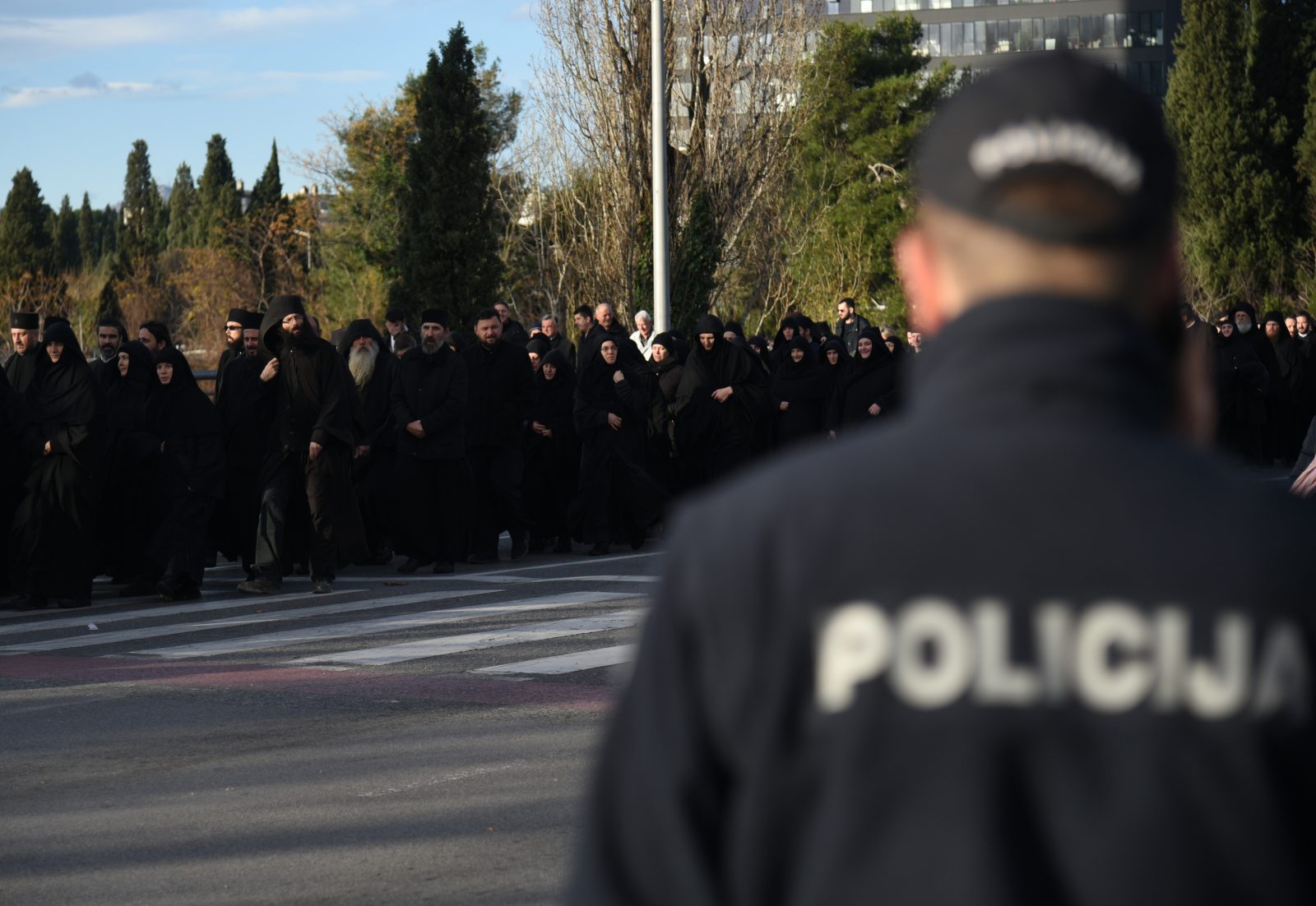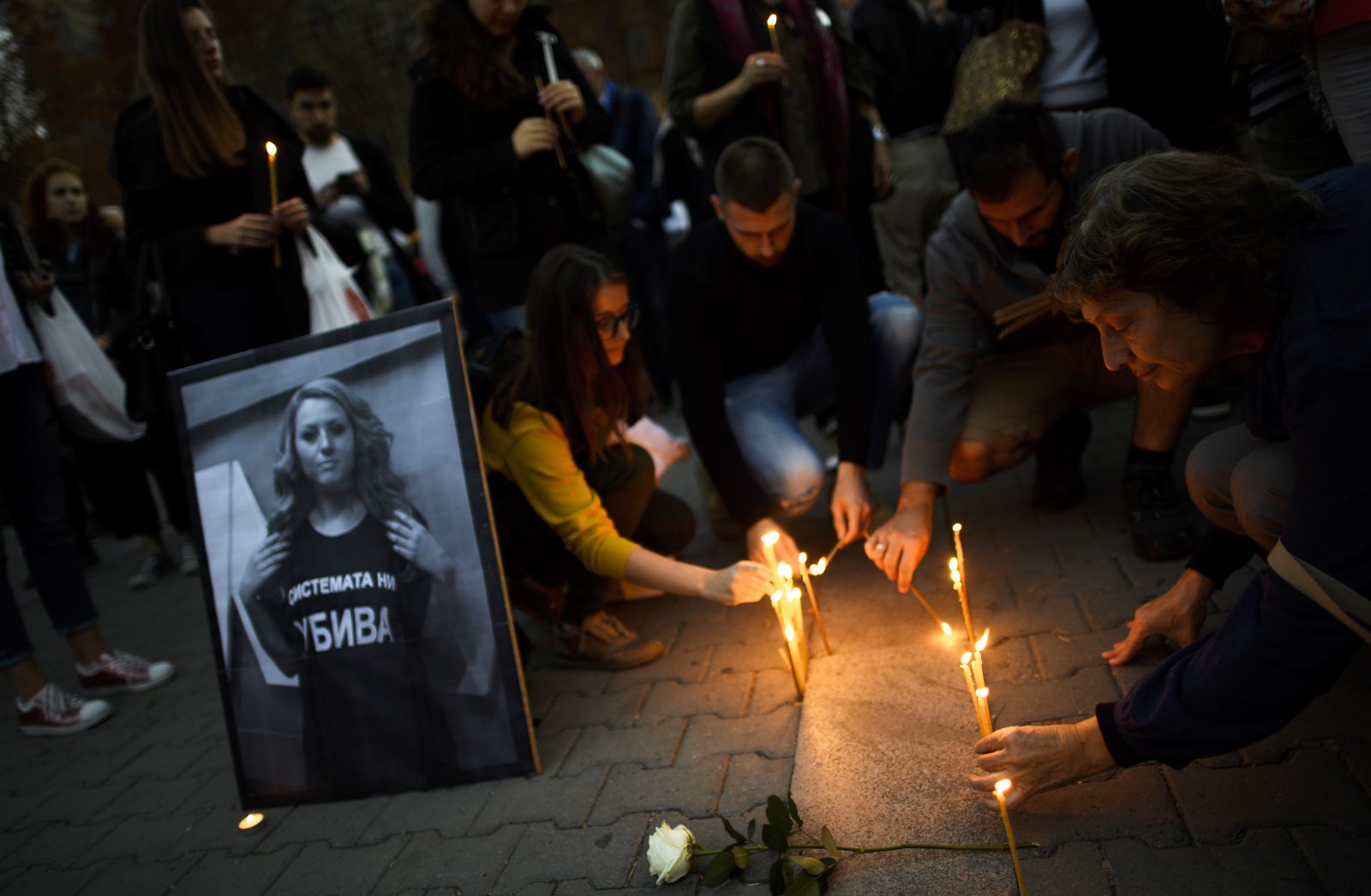The Fellowship for Journalistic Excellence provides financial and editorial support to professional journalists who have strong ideas for cross-border stories. This year’s theme is the Rule of Law.
Mid-career journalists from Albania, Bosnia and Herzegovina, Bulgaria, Croatia, Czech Republic, Greece, Hungary, Kosovo, Macedonia, Montenegro, Poland, Romania, Serbia and Slovakia are eligible to apply.
Each year, 10 journalists are chosen through open competition to receive a €3,000 bursary, close editorial supervision and mentoring, and the chance to attend international career development seminars and be published in the most influential regional and international media. In addition, the top three articles chosen by an international jury will receive awards.
So how do you maximise your chances of winning a place on the programme? Here are some tips from our editors, based on reviewing hundreds of applications:
- Look at Fellowship stories from previous years.If the theme of your story has been covered by the Fellowship in the last three years, make sure your story has a sharp, new angle. In other words, your story should present the familiar theme through a fresh lens, perhaps even forcing us to question what we thought we knew. (You can find previous years’ stories online in the stories archive)
- Be as specific as possible. Don’t just say you want to look at a broad subject; say what in particular you want to explore. For example, not just “migration” but “changes in migration between country X and country Y in the last five years”. And tell us howyou plan to do it and why that matters.
- Do your pre-research.You’re not expected to research your entire story but do as much as you can to give a sense of what you expect to show. A proposal that says “I want to find out what’s happening with X” is not as strong as one that says “I want to find out what’s happening with X and my research so far suggests this is the answer and this is why”.
- Tell us what’s new. Make sure to include what’s new about your proposal, compared to other media reporting on the subject. What do you hope to reveal or highlight? Why will this be interesting/important to readers?
- Remember the investigative/analytical element. Your story does not have to be a hard-core investigation but it should be more than just descriptive. It should show not just what’s happening but why it’s happening. Make clear what you will investigate or analyse — and how. For an investigative story, this might mean obtaining documents. For an analytical story, it might mean analysing data and/or talking to academic experts. But…
- Keep it journalistic. The Fellowship features seminars and mentoring and insists on the highest standards of accuracy but it is not an academic programme. It exists to help journalists improve their skills and produce a high-quality piece of journalism, not an abstract academic article. Your story should hold the attention of inquisitive readers all over the world, and not just in your country or region.
- Whatever happens, don’t be downhearted. Every year there are more outstanding proposals than there are places on the Fellowship. Don’t take it personally or regret the work you put in if you’re not selected. The Fellowship is such a great opportunity that it’s worth giving it your best shot. If your proposal is strong but isn’t chosen, you may be able to publish the story elsewhere.
The application form, guidelines and further information about the Fellowship are available online at https://balkaninsight.com/fellowship-for-journalistic-excellence/
For more information about the programme and the application process, write to us at fellowship@birn.eu.com




